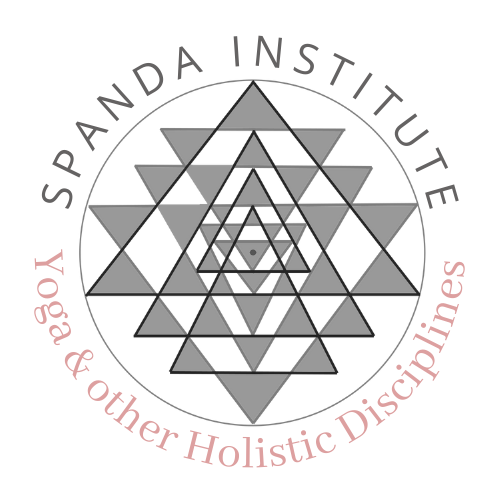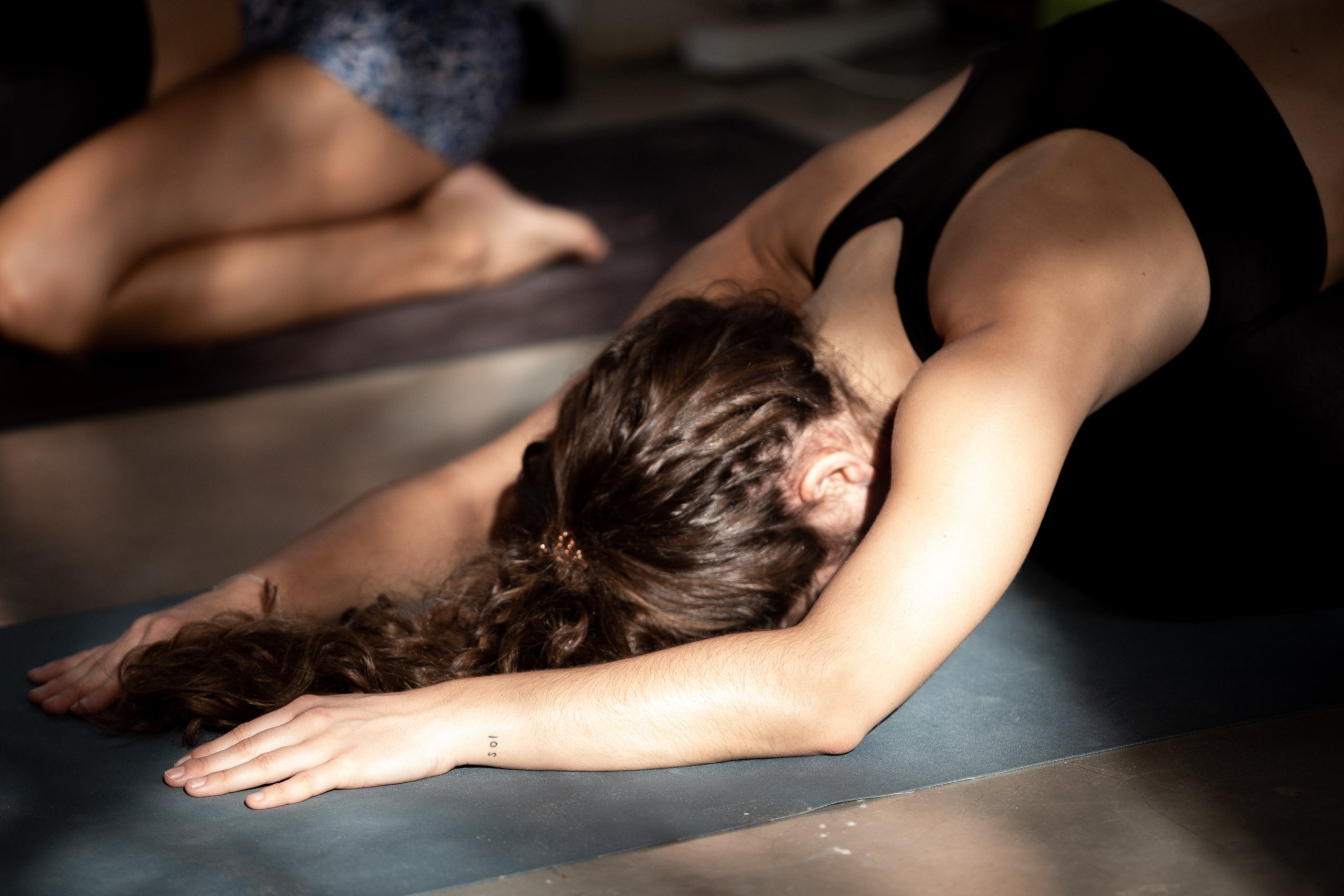Overview
Our intention is to make our training available to as many students as possible, so apart from our in-person training courses and modules, we also aspire to offer different models of online training - from pre-recorded via our new educational platform to live via zoom. This module will be offered via live zoom sessions, however some lectures will pre-recorded and sent to you before each weekend as a preparation.
This 50-hour YTTC will be conducted live via zoom over six days, or three weekends. In case you need to miss a day or two, all the lectures will be recorded and available to you for 60 days. The training is open to all certified Yoga Teachers. If you currently attend our 300-hour YTTC or wish to do so soon, you can count 50 hours towards the 300-hour requirement. This module will be beneficial at any point in your studies or teaching, and no previous modules need to be done as preparation. However, it is required that you are already 200-hour certified teacher.
About Trauma Sensitive Yoga
The deeper we go into the body/mind and the more advanced tools of Yoga we use, the more we need to become aware that no practice is created equal and beneficial for everyone. While most of the asana sequences, pranayama, and meditation techniques we teach might be helpful to most, they might be triggering for some. Emerging research suggests that yoga and mindfulness interventions can help trauma survivors; however, we need to be aware of potential dangers while leveraging the benefits.
We all experienced a sudden, involuntary release of emotion on the yoga mat as yoga students. Sometimes these are good, joyful or touching, but sometimes they can trigger a trauma buried deep within our body/mind. Trauma remains a fact of life: most of us will experience a traumatic event in our lifetime, and some will develop post-traumatic stress. And while this may appear to be a good thing, a yoga mat might not be the best place for healing trauma. Dysregulation needs regulation, and yoga teachers are, for the most part, not equipped to deal with this.
In this training, we will explore why some practices can create dysregulation for people who’ve experienced trauma and ways you can prevent this. You will learn how to recognise traumatic stress symptoms or other dysregulation. We will also discuss current empirical research, including evidence-based interventions you can apply immediately to your work, so you are well equipped with tools and modifications to help you work skilfully with dysregulated arousal, traumatic flashbacks, and trauma-related dissociation. Using the understanding from the body-oriented psychotherapy, we will also explore different defence mechanisms and how to recognise these patterns in our reactions to stressful events, as well as in reactions of our students.
Dates and Schedule
Weekend 1 - 24./25. September 2022
Weekend 2 - 15./16. October 2022
Weekend 3 - 05./06. November 2022
DAILY SCHEDULE*
10:00 - 11:30 CEST - Practice
11:30 - 13:00 CEST - lectures
13:00 - 15:00 CEST - lunch break
15:00 - 18:00 CEST - lectures and practicum
*times are CEST (Central European Summer Time)
Your Teachers
Nina Vukas
E-RTY 500, RPYT, IAYT, Body-oriented Psychotherapist
This module will be taught by Nina Vukas, Spanda Institute’s founder. For many years now Nina’s main interest has shifted to teaching Yoga Therapy and Trauma Sensitive Yoga. She works with clients one-on-one, helping them heal through Yoga and Body-oriented Psychotherapy.
We will have a few guest lecturers on this training as well including Marina Moric, our resident Neuroscientist, and Siegmar Gerken, a pioneer in body-oriented Psychotherapy.
Prices and Payment options
FULL PAYMENT:
Early Bird: 450 euro (due by August 1st)
Late Bird: 550 euro (due by September 20th)
THREE INSTALMENTS:
3 x 200 euro (due by Sept 20th, Oct 11th, Nov 1st)





